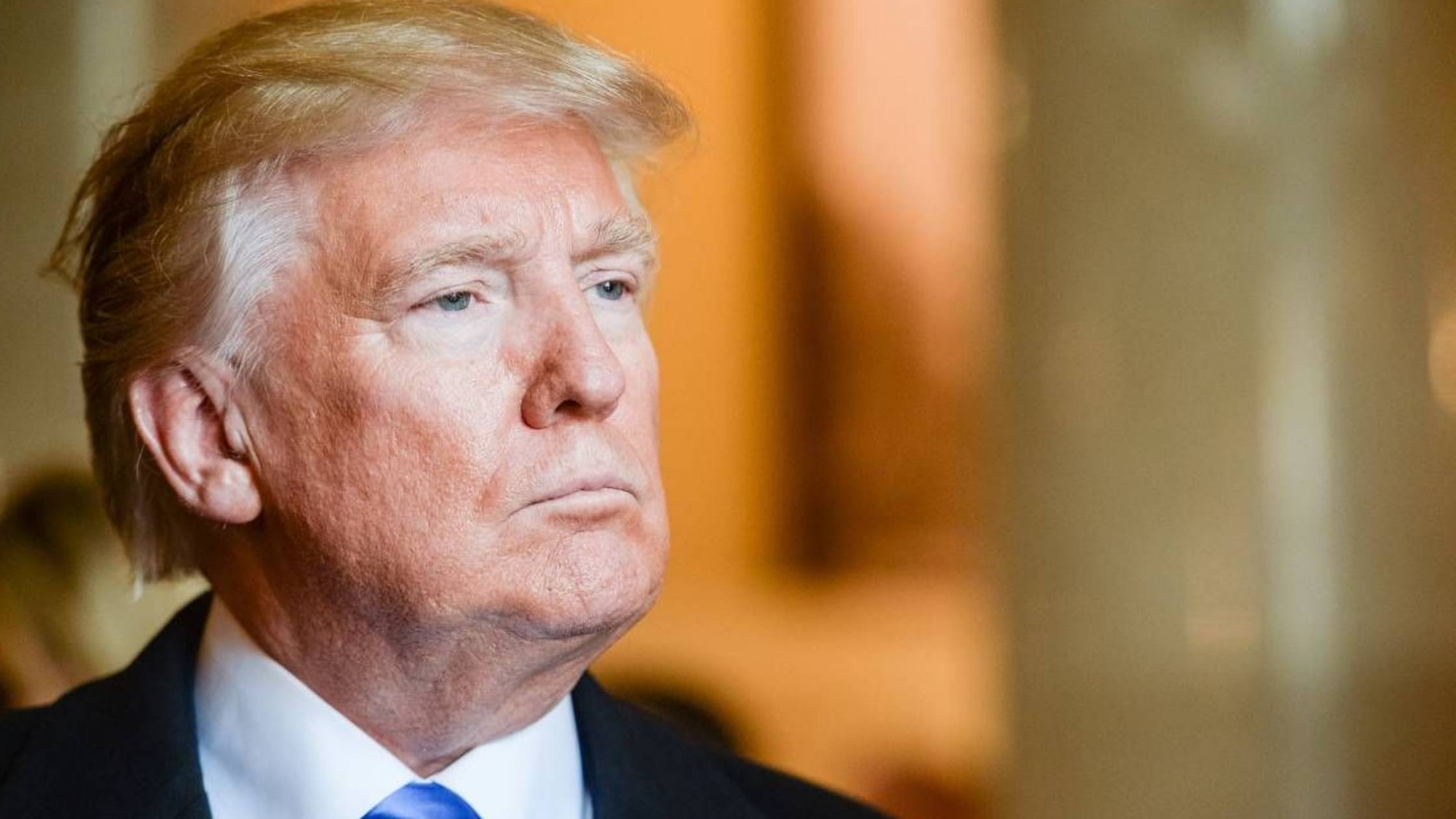Trump’s Second Term: What Investors Need to Know?
November 26, 2024

- Aggressive tariffs aim to reshape trade and boost American businesses.
- Deregulation sparks M&A activity and growth in banking and energy industries.
- Defense spending surges, but Big Tech faces ongoing antitrust scrutiny.
Donald Trump has made history once again, securing a non-consecutive second term as the 47th President of the United States. With a commanding 312 electoral votes, Trump’s return is more than a political comeback—it signals a seismic shift in policy, trade, and economic strategy that will ripple across global markets. Alongside his victory, Republicans have retained a narrow but decisive grip on Congress, with a projected 222-213 majority in the House and a 53-47 edge in the Senate. From sweeping tariffs to deregulation across key sectors, Trump’s administration is poised to rewrite the economic playbook. Here is what investors need to know and how they can position themselves to thrive in the Trump era 2.0.
Trump’s Return: What It Means for Markets?
1. A New Era for Tariffs and Trade Policy
Trump’s self-proclaimed status as the “Tariff Man” is set to make a bold return. Key appointees like Howard Lutnick at Commerce and a likely revived presence of Robert Lighthizer suggest an aggressive trade agenda, with 25% tariffs on Mexican and Canadian imports and an additional 10% on Chinese goods as a starting point. Global tariffs, potentially as high as 20%, are also on the table. These measures aim to level the playing field for American businesses while creating new revenue streams to offset looming fiscal challenges such as the extension of the 2017 Tax Cuts and Jobs Act.
Investor Takeaway: Companies reliant on global supply chains—particularly in automotive, technology, and manufacturing—are likely to face increased costs. Export-oriented firms and commodity stocks may see benefits from retaliatory measures by trading partners.
2. Deregulation as a Growth Catalyst
Trump’s second term promises to revive deregulation efforts across multiple sectors, including banking, energy, and healthcare. The relaxation of Basel III capital requirements, alongside changes to M&A guidelines, is expected to spur consolidation within the financial sector. Meanwhile, the Department of Energy, led by fossil-fuel advocate Chris Wright, signals renewed emphasis on domestic oil and gas production.
Investor Takeaway: Energy and financial stocks could outperform as they benefit from friendlier regulatory conditions. Watch for M&A activity to accelerate, particularly in superregional banks and private equity.
3. DOGE: The Efficiency Agenda
A uniquely Trumpian initiative, the Department of Government Efficiency (DOGE), spearheaded by Elon Musk and Vivek Ramaswamy, will act as an advisory body aimed at cutting government waste. While primarily symbolic, the emphasis on “streamlining bureaucracy” could signal cost-cutting efforts in non-defense spending, reshaping federal agency dynamics.
Investor Takeaway: Sectors reliant on federal funding, such as education and environmental services, may face headwinds. Defense spending, however, is poised for potential increases, bolstering aerospace and military contractors.
4. Rewriting the Antitrust Rulebook
With new leadership at the DOJ and FTC, the Trump administration is poised to adopt a more industry-friendly antitrust stance, particularly for energy, financials, and private equity. Big Tech, however, remains a notable exception, with scrutiny likely to continue under the banner of consumer welfare.
Investor Takeaway: While M&A activity is set to thrive, Big Tech could remain under pressure, making diversification across other sectors critical for balanced portfolios.
5. The Currency and Monetary Policy Debate
Trump’s appointment of Scott Bessent as Treasury Secretary signals a renewed focus on trade balances and dollar policy. Although a weaker dollar policy is unlikely, efforts to curb foreign currency manipulation may impact international trade dynamics.
Investor Takeaway: A stable dollar environment might favor U.S. exporters, while currency-sensitive sectors such as travel and tourism should watch policy developments closely.
Conclusion: Positioning for the Trump Era 2.0
As Trump prepares for his January 20, 2025, inauguration, investors are urged to brace for an era of bold policies and unpredictable moves. From tariffs to deregulation, Trump’s economic playbook blends familiar strategies with new ambitions, promising both opportunities and risks. For investors, the key lies in adaptability: focusing on sectors poised to benefit from deregulation and tariff-driven growth while hedging against potential geopolitical disruptions. Whether a staunch supporter or cautious skeptic, one thing is certain: Trump’s second term is set to redefine the investment landscape.
Disclaimer: ProsperUs Head of Content & Investment Lead Billy Toh doesn’t own shares of any companies mentioned.

Billy Toh
Billy is deeply committed to making investment accessible and understandable to everyone, a principle that drives his engagement with the capital markets and his long-term investment strategies. He is currently the Head of Content & Investment Lead for Prosperus and a SGX Academy Trainer. His extensive experience spans roles as an economist at RHB Investment Bank, focusing on the Thailand and Philippines markets, and as a financial journalist at The Edge Malaysia. Additionally, his background includes valuable time spent in an asset management firm. Outside of finance, Billy enjoys meaningful conversations over coffee, keeps fit as a fitness enthusiast, and has a keen interest in technology.







